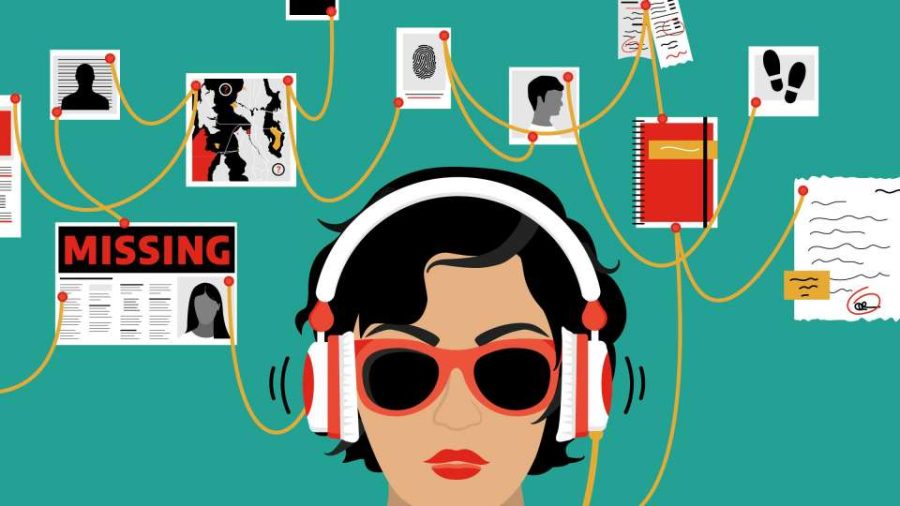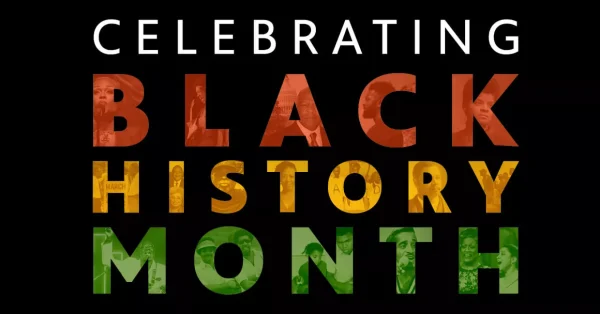Why are People Obsessed with True Crime?
It’s not hard to understand why true crime media has become so popular, including podcasts, true crime documentaries, and detective books. Some of the most well-liked ideas are listed below. True crime provides a window into our society, norms, anxieties, and values. According to researcher and author Coltan Scrivner, the success of horror movies, the prevalence of violent news stories, and the popularity of true crime stories all point to the fact that “morbid curiosity is a common psychological trait.” It satisfies our innate desire to answer mysteries and puzzles. It also enables us to examine the darker aspects of humanity from a safe distance and provides us with insight into why other people might behave in certain ways. According to a 2010 University of Illinois study (Vicary and Fraley, 2010), women are more likely than males to be fans of true crime stories, which may be related to their concern about being victimized. We can therefore speculate that viewing material about crime may give us a sense of control and education about a world that is inherently uncertain and frequently causes anxiety. It’s important to keep in mind that humans are wired to pay close attention to specific details, which facilitates learning and information gathering. Threatening information, for instance, frequently travels quickly. (e.g., Blaine & Boyer, 2018 as cited in Scrivner 2021). This makes sense from an evolutionary perspective because being conscious of threats can help us stay safe among other things.
We must keep in mind that the media, whether it be in print, on television, or on the internet, is not impartial. For instance, various publications have various political and social slants. (Newburn, 2017). The media, not the truth, report versions of reality. A specific editing style is used in crime films. (ibid). The ability to identify stereotypes and biases in media reporting is crucial for policing students because they will eventually work as police agents and criminal justice professionals. It is reasonable to presume that criminal justice media will have an impact on how people view and anticipate the legal system. This is alarming considering how frequently people are portrayed in the media as either “good” or “evil,” using dichotomous distinctions. This slovenly generalization is manifestly ecologically invalid and does not reflect reality’s complexity. For instance, the emphasis is on the unusual, and criminals are frequently portrayed as outsiders or as “others.” On the other hand, the media may portray sex workers and other vulnerable groups as less deserving of victim status, and there are still misconceptions about what “a true victim” should do. For instance, Booth, Willmott, and Boduszek discovered compelling evidence that preconceived notions and high levels of rape bias appeared to have a much greater impact on the fairness of a trial than was previously believed. The “CSI Effect” is a phenomenon that should be considered when answering this topic. This phenomenon is linked to watching criminal and forensic-themed television programs. It discusses the hypothesis that people will have exaggerated expectations of forensic science as a result of watching crime dramas, particularly jurors. The impact has not been completely empirically supported, and the evidence is conflicting, despite the fact that this is frequently perceived by legal actors and police as a problem. Despite all of this, it’s also critical to recognize that the media occasionally contributes to the resolution of offenses. For instance, making instances public may encourage witnesses to come forward. There may also be a risk of the development and maintenance of stereotypes, which is another significant possible problem. The perception that members of a particular group in society are disproportionately engaged in crime and are stereotyped as criminals is reinforced when crimes committed by or perceived to be affiliated with that group are over-reported. Last but not least, we must keep in mind that writers want to sell books, editors want to sell newspapers, and businesses want high ratings for their programs. As a result, there is a propensity to use a sensational strategy to attract notice. Only lately have crimes like domestic abuse, domestic violence, environmental crime, and crimes come to our attention are committed by those in positions of power.





